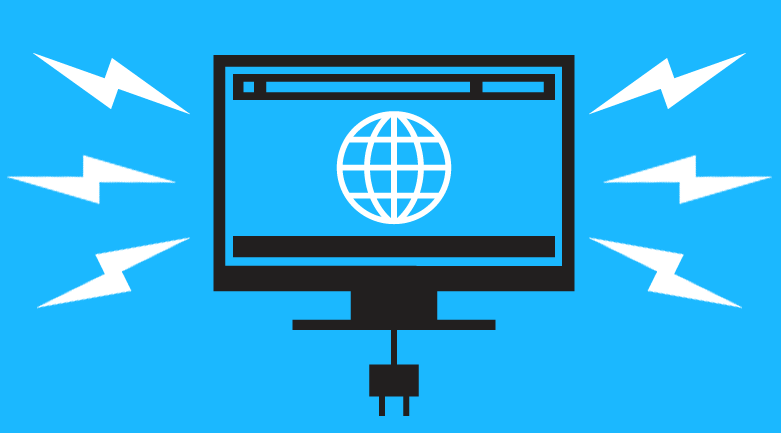
Tell Congress: Don't Sign the Cable Industry Letter Against Real Net Neutrality
The public outcry against the FCC’s fake Net Neutrality plan has been amazing. But here’s how you really know your actions are making an impact: The cable lobby is conspiring against you.
The Free Press Action Fund has gotten its hands on a copy of an email a top cable lobbyist is sending to members of Congress to get them to oppose broadband reclassification and real Net Neutrality.
Lobbyist Tom Downey — a former member of Congress now representing the National Cable and Telecommunications Association — is sending a note around on Capitol Hill that reads in part:
Downey McGrath Group represents the NCTA, the National Cable and Telecommunications Association, and they have asked me to contact you regarding the current policy discussion on net neutrality.
As you know the Federal Communications Commission is poised to take up this question later this week when Chairman Wheeler introduces his proposal on the issue. Congressman Gene Green is circulating the attached letter to the Commission asking that the Commission not reclassify broadband service as a Title II service. I hope you can recommend that [Representative Name] sign the letter. I have also attached a copy of talking points on the issue.
Yep, that’s right. While longtime industry buddy Rep. Gene Green is nominally circulating the letter, it’s the cable lobbyists who are doing the real legwork.
You can read the full letter below.
As soon as you’re done, you should immediately pick up the phone and tell your representative in Washington to stay off any industry-written letter attacking the open Internet.
We’ve made it easy for you: Click here to call your representative.
Your member of Congress needs to know that you know the cable industry wrote this letter and is shopping it around. And that signing it means you’re hurting the free and open Internet.
In just the past few weeks, millions of activists have made thousands of calls to the FCC and Capitol Hill. Hundreds of organizations, companies and investors are standing up for the open Internet — and people are “occupying” the FCC before Thursday’s big Rally to Save the Internet.
The cable industry has called the shots on Capitol Hill for too long. We need to remind our representatives whom they really work for — and tell them that we expect nothing less than real Net Neutrality.
So please make the call. You know for sure the cable lobbyists are making theirs.
(By the way, there is also a pro-Net Neutrality letter making the rounds on Capitol Hill. It's being pushed by Reps. Keith Ellison and Raul Grijalva and the Congressional Progressive Caucus. You can read the letter here. Your representatives SHOULD sign that one.)
Here’s the full text of the cable industry’s letter:
The Honorable Thomas E. Wheeler
Chairman
Federal Communications Commission
445 12th St, S.W.
Washington, D.C. 20554
May __, 2014
Dear Chairman Wheeler:
I have been following with interest your ongoing proceeding on how best to re-implement the “net neutrality” rules. Like you, I believe it is critical that we maintain a free and open Internet, where consumers are not blocked from accessing the websites of their choice and providers do not use their control over the last mile to stifle competition.
As you consider how best to move forward to achieve these goals, I write to share my concerns with reports that the Commission may be considering achieving these goals by reclassifying broadband Internet access service as a “Title II” common carrier service. In the years that broadband service has been subjected to relatively little regulation, investment and deployment have flourished and broadband competition has increased, all to the benefit of consumers and the American economy.
While we still have further to go to ensure that the benefits of broadband reach all Americans, I am concerned that opening the door to subjecting broadband service to a wide array of regulatory burdens and restrictions, including imposing Title II, might halt this progress. I respectfully urge you to consider the effect that regressing to a Title II approach might have on private companies’ ability to attract capital and their continued incentives to invest and innovate, as well as the potentially negative impact on job creation that might result from any reduction in funding or investment. I share your goals of keeping the Internet open to all. I do not believe that a Title II approach is the best means of achieving this goal for our country.
Thank you for your work on this very important issue.
Sincerely,
###